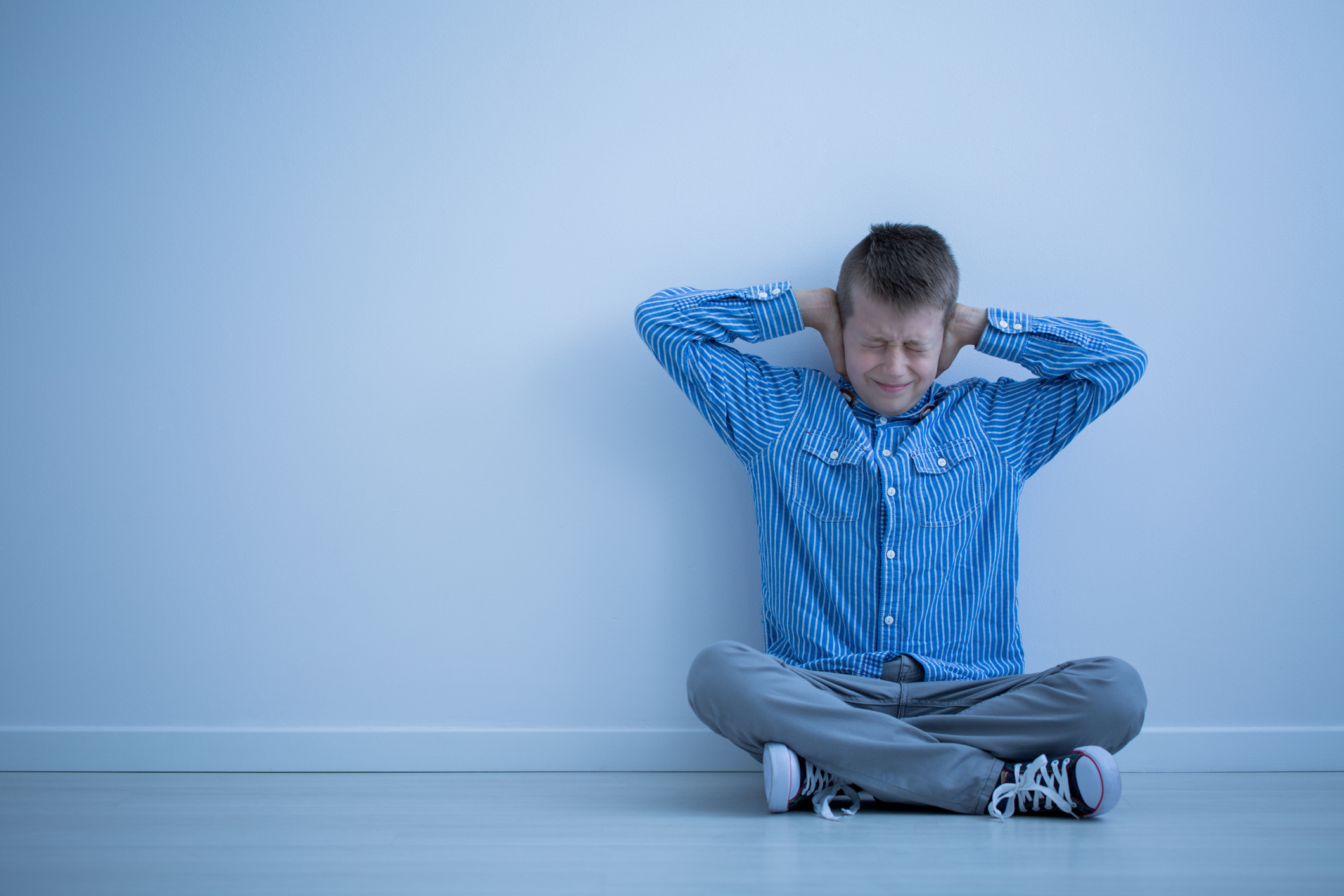We need to control the noise pollution surrounding us

Our sense of hearing evolved so that humans could be alerted to changes in their environment. The sense of hearing, however, is one of the senses that humans cannot switch on and off at will.
Sounds become noise when we do not wish to hear them – when they disrupt our thoughts, our concentration, our work, our conversations, our listening or our sleep.
Where there is an active population, traffic in the streets and industrial and construction chaos, one would expect to find the cities and villages quite noisy. Noise is a main source of frustration and discontent for city and village residents. It is not surprising that Malta is the most noisy country in the European Union!
Urban noise has more impact than other issues relating to quality of life; the noise levels in cities and entertainment venues can have a serious and long term impact on human health.
Noise not only makes listening, concentrating and working more difficult. It also disrupts sleep. Insufficient sleep leads to stress, tiredness and changes in the chemical balance of the body. Noise, among other things, interferes with attention span, memory and reading ability. The long term consequences of these effects on child development is particularly significant.
Research shows that long term exposure to noise, particularly noise caused by traffic and that associated with places of entertainment, leads to physiological and psychological stress that can indirectly contribute to heart disease and high blood pressure.
Repeated or continued exposure to noise that rises above 85 decibels can even cause deafness.
Although some urban noise is inevitable, the authorities need to find ways to seriously control this social issue. This country is still awaiting legislation that will lead to the setting up of a call centre to receive and deal with noise complaints lodged by members of the public. Since the first meeting in 2016, the Commission on Noise Pollution has been silent and the pollution remains.
Citizens with good will call for laws that protect health and for better planning and better machinery to mitigate the noise caused by transport, construction, mechanical tools, entertainment and human behaviour.
